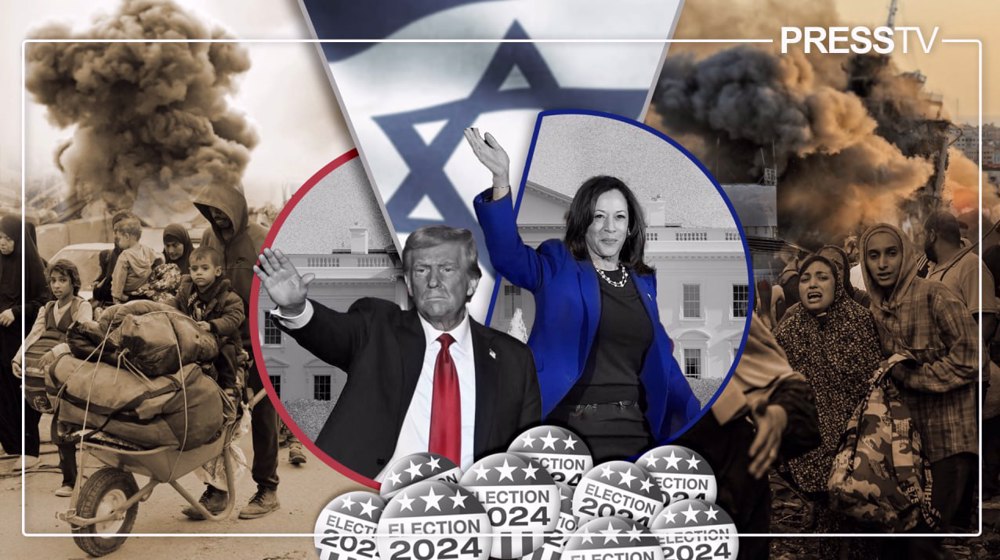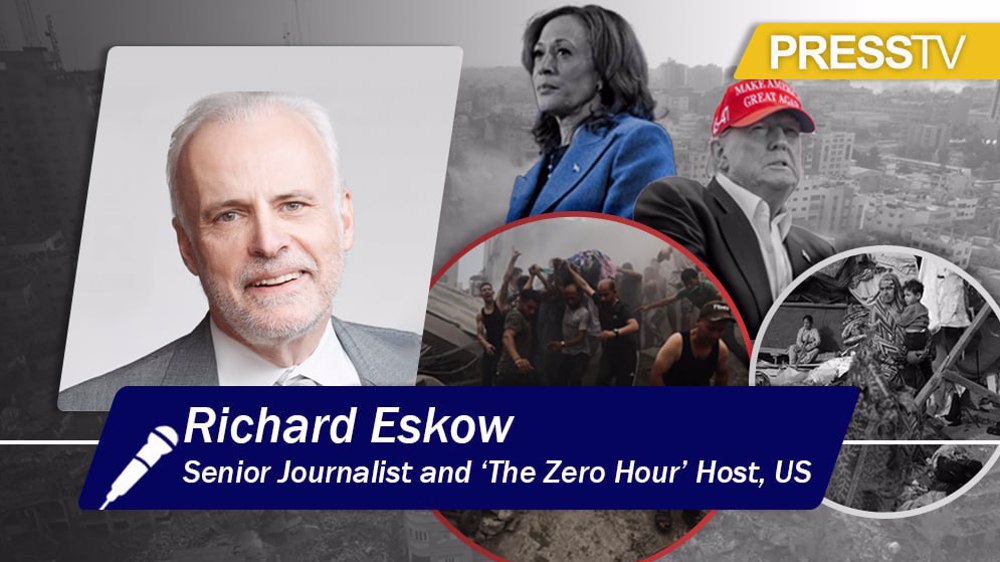Obama calls on EU to keep cooperating with US under Trump
US President Barack Obama has called on the European Union to continue close cooperation with Washington under President-elect Donald Trump.
Obama, who was on his final foreign tour as president, met with the leaders of Germany, France, the United Kingdom, Italy and Spain in the German capital of Berlin on Friday.
The outgoing president had "affirmed the importance of continued co-operation through multilateral institutions, including NATO."
“President Obama expressed confidence that, even at a moment of great change, democratic values have done more to advance human freedom and progress than any other system in history, and will continue to do so going forward,” the White House said.
Citing observers, The Wall Street Journal reported that the leaders of the European countries were struggling to deter the possible impact of Trump’s election as the US president, since they are concerned that he will demand higher military spending from Europe in exchange for continued US support within the North Atlantic Treaty Organization (NATO).

During his election campaign, the president-elect questioned whether Washington should protect allies seen as spending too little on their defense.
He raised fears that in the event of a military confrontation between NATO members and Russia, he could withdraw funding for NATO unless the members of the alliance pay up for Washington’s support .
Trump’s remarks about seeking possible rapprochements with Russia and Syrian President Bashar al-Assad to resolve the Syrian crisis also raised concerns among the European leaders.
They were reportedly hoping for guidance from Obama on Trump’s “intentions”, according to the Journal.
Trump said last week that the US needs to continue fighting against the Daesh terrorist group in Syria, but should stop attacking the government of Assad. He also criticized NATO and said he hoped for warmer ties with Russia.
Obama on Friday warned Trump to stand up against Russia when Moscow breaches “our values and international norms.”
During Obama’s presidency, relations between the US and Russia plunged to the lowest point since the Cold War over conflicts in Ukraine and Syria.
VIDEO | Press TV's news headlines
Iranian satellites launched into space as private sector debuts in space industry
VIDEO | Iran, Azerbaijan conduct joint maritime rescue operations
VIDEO | Yemen’s Red Sea divide: Naval forces block Israeli-linked ships in strategic ‘parting of the water’
VIDEO | Southern Gaza: Israel’s facade for famine and suffering
VIDEO | IOF hampering humanitarian aid
VIDEO | Sharmahd: Justice Done
Iran repeatedly warned Israel not to test its will: FM















 This makes it easy to access the Press TV website
This makes it easy to access the Press TV website